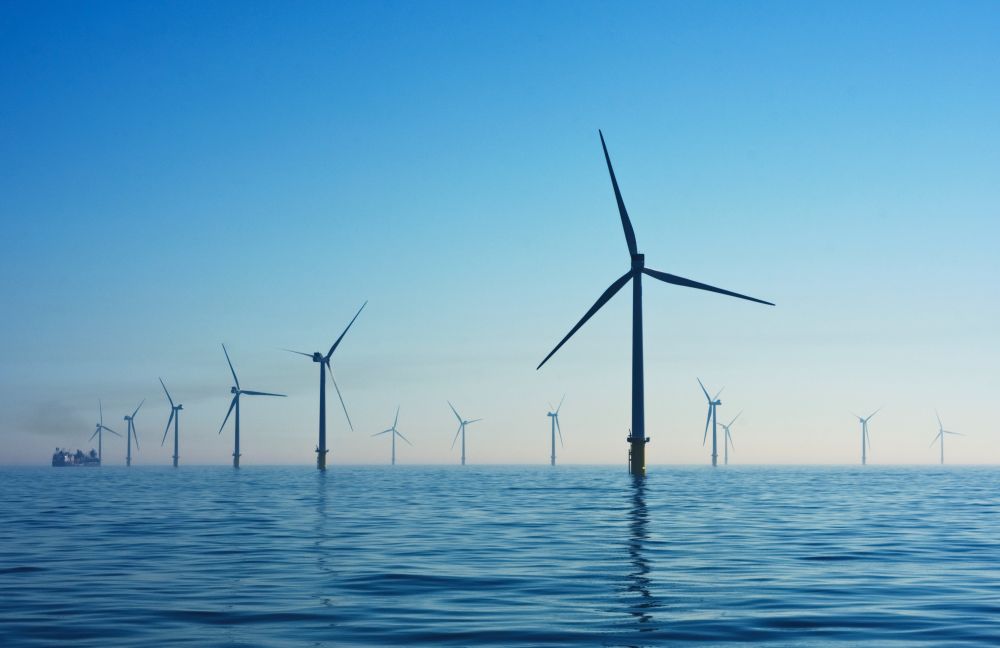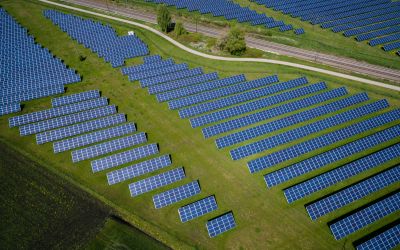UK delivers fastest global rate of decarbonisation in last decade
A new report has found that UK’s power emissions are falling faster than anywhere else in the world.

A new report has found that UK’s power emissions are falling faster than anywhere else in the world.
According to Drax Electric Insight Report, the UK’s move towards renewable energy generation has helped drive a faster rate of decarbonisation over the last decade than anywhere else in the world.
The report found that Britain experienced 107 million metric tonne reduction in annual carbon emissions from its power sector.
Dr Iain Staffell of Imperial College London and lead author of the quarterly Electric Insights reports said: “In the past decade, we’ve seen unprecedented changes in Britain’s power system, which has transformed at a speed never seen before.”
“Several factors made significant contributions to falling emissions including carbon prices, coal retirements, conversions to biomass and the growth in wind capacity. If this pace of change can be maintained, renewables could provide more than half Britain’s electricity by the end of this decade and the power system could be practically carbon free.”
In the last ten years, the report found that electricity demand fell by 13 per cent and delivered around a third of the decline in carbon emissions in the sector over the period.
The fall in power demand came even as the population grew by 7% and GDP rose by a quarter. However, this decline could be reversed in the years ahead with the rise in the use of electric vehicles and household heat pumps, meaning further decarbonisation cannot be achieved through a reduction in demand alone.
The report warns that with the greater reliance on weather-dependent sources ‘system operability will undoubtedly become more difficult in the years to come’, with a need for increased system support services and greater flexibility.
Andy Koss, Drax CEO of Generation, said: “Replacing coal with sustainable biomass at Drax has cut our carbon emissions by more than 80%, transforming the business to become the largest renewable power generator in the UK, accelerating decarbonisation over the decade as well as supporting lower wholesale power prices.”
“As the UK strives to achieve its world-leading net zero carbon target, it’s clear the power system will have to continue evolving and many different solutions, including negative emissions technologies like bioenergy with carbon capture and storage (BECCS), will be needed alongside more renewables.
Last year, Drax made a commitment to become carbon negative by 2030. The company is already running a successful BECCS pilot at its power station capturing a tonne of carbon dioxide every day.
A project that the IPCC and the UK Committee on Climate Change have said is critical to achieving net-zero carbon emissions by 2050.
Read the full report here.






